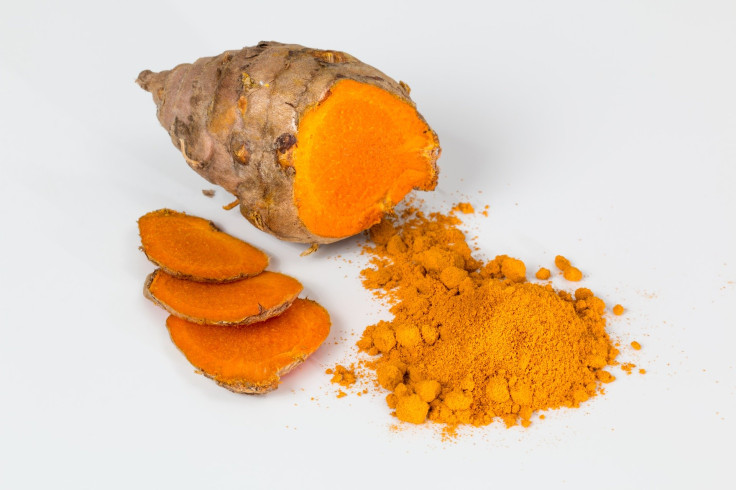Turmeric may help alleviate knee pain in osteoarthritis patients
Patients who took turmeric supplements felt less pain in the knees as compared to patients who did not take them.
One of the things that may help alleviate knee pain in arthritis sufferers may be found right in the cupboard. New research just showed that turmeric, the yellow-coloured spice in the kitchen, can help reduce pain felt in the knees by arthritis patients.
A double-blind, randomised, placebo-controlled study published in the Annals of Internal Medicine journal, conducted by researchers from Menzies Institute for Medical Research at the University of Tasmania, showed that patients who took turmeric supplements felt less pain in the knees as compared to patients who did not take them. The best part, as observed by researchers was that they did not see any adverse effects in patients who took turmeric.
Researchers found that the turmeric did not alter the disease's structural aspect. Patients' cartilage composition and knee swelling did not change even after turmeric intake.
The study looked into 70 participants with symptomatic knee osteoarthritis and who had swelling in the knees. Through random selection, some of the participants received two capsules of turmeric daily, others received placebo. The participants were observed for 12 weeks.
To gauge the effect of turmeric on the severity of the pain on the knees of the patients, including physical performance, pain medication, and quality of life, researchers made use of imaging studies like magnetic resonance imaging (MRI), along with a standardised questionnaire. After the 12-weeks, patients reported reduced pain as compared to those who received placebo.
Rheumatologist Graeme Jones said in a press release that those who took turmeric made use of fewer pain medications. Yet, despite the reduction in pain, they saw that there was no change in the knees' structural aspects in both the turmeric group and the placebo group.
The study has certain limitations such as the small study size and also the short duration. Jones underscored that while there is a positive effect, the small sample size, short duration of the follow-up, the modest effect of turmeric, as well as using a single research center calls for multicentre trials using larger sample sizes. The duration of the follow-up must be lengthened as well.
Dr Benny Eathakkattu Antony, senior author of the study, revealed in a press release that even though there is a huge number of the population that suffers from the disease, common treatments like non-steroidal anti-inflammatory drugs and paracetamol only have mild to moderate effects, and could even have adverse side effects. He added that it is because of this that there is a need for more effective, safer drugs for osteoarthritis treatment.
© Copyright IBTimes 2025. All rights reserved.






















